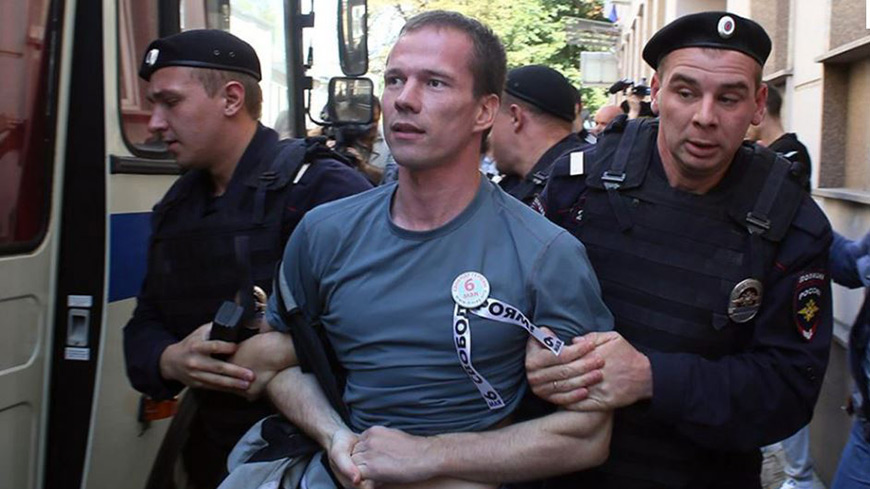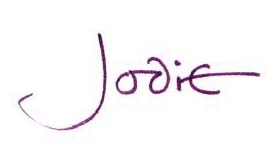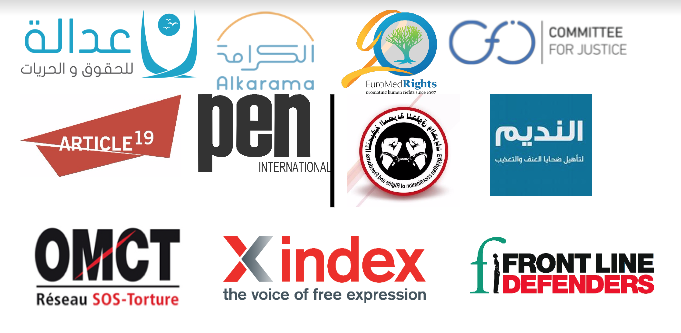26 Nov 2017 | Index in the Press
Boris Johnson, the Foreign Secretary and still frequent contributor to the Daily Telegraph, is imminently on his way to Iran and has promised to raise the plight of 152 BBC journalists who are being harassed and persecuted by the Tehran Government. Read the full article
25 Nov 2017 | Index in the Press
Robert McCrum is an acclaimed writer and journalist in Britain. Currently an associate editor of the Observer, he has six novels to his name, and is co-author of the international bestseller, The Story of English. He is also a lifelong campaigner for freedom of speech, and this was what drew his attention to the plight of writers in Czechoslovakia during the period of “normalisation” in the 1970s and 80s. Read the full article
24 Nov 2017 | Campaigns -- Featured, Europe and Central Asia, Russia

Ildar Dadin
“I can refuse to be silent. And you, friends, can refuse to be silent too. You can refuse to let these people silence me. Together, we can refuse to look away.” – Ildar Dadin, Freedom of Expression Award winner 2018
Silence is the oppressor’s friend. Jailing those who speak out against corruption and injustice – like this year’s Freedom of Expression Awards Fellow Ildar Dadin – is the favoured tool of those who seek to crush dissent. We cannot let the bullies win.
With your help, each year we are able to support writers, journalists, activists and artists at the free speech front line – wherever they are in the world – through Index Fellowships. These remarkable individuals risk their freedom, their families and even their lives to speak out against injustice, censorship and threats to free expression.
I am writing now to ask you to support the Index Fellows. Your donation provides the support and recognition these outstanding individuals need to ensure their voices are heard and their work can continue despite the enormous restrictions under which they are forced to live and work.
Your support will help award winners like Dadin, who was released from a Russian jail earlier this year and has resumed his protests against the government’s human rights abuses. Last month he was detained in St Petersburg while trying to film a woman being assaulted by police. “The situation in this country now is really bad,” Dadin says. “There’s a new kind of police force which can attack and humiliate people, which is very serious”.
Index has worked closely with Dadin to help him deal with the effects of experiencing torture whilst in prison until earlier this year and supported him to rebuild his public profile. In his words: “you gave me opportunities to use help, a psychologist, and you offered me resources and you give me this amazing opportunity to go forward… I thank you very much for this. I appreciate it.”
I hope you will consider showing your support for free speech and the Index Fellows. A gift of £500 would support professional psychological assistance for a fellow; a gift of £100 helps them travel to speak at more public events. A gift of £50 helps us to be available for them around the clock. You can make your donation online now.
Please give what you can in the fight against censorship in 2018. Make your voice heard so that others can do the same.
Thank you for your support.

Jodie Ginsberg, CEO
P.S. The 2018 Index on Censorship awards will be held in April. To find out more about the awards fellowship including previous winners, please visit: https://www.indexoncensorship.org/fellowship
Index on Censorship is an international charity that promotes and defends the right to free expression. We publish the work of censored writers, journalists and artists, and monitor, and campaign against, censorship worldwide.
24 Nov 2017 | Campaigns -- Featured, Egypt, Middle East and North Africa

To: His Excellency Zeid Ra’ad Al Hussein, United Nations High Commissioner for Human Rights
Re: Call for action to condemn the Egyptian authorities’ crackdown on freedom of expression
Mr High Commissioner,
We, the undersigned organisations, are writing to express our great concern about the current human rights situation in Egypt.
Four years ago today, Egypt’s anti-protest law was signed, restricting the right to free assembly to such an extent that the mere planning of a demonstration has been criminalised.
This law remains one element of a repressive legislative arsenal denying Egyptian citizens their rights to freedom of opinion, expression, association, and peaceful assembly, under the pretext of maintaining stability and countering terrorism.
The Media and Press Law of 26 December 2016 constitutes an unprecedented attack on press freedom, the NGO Law has made it impossible for civil society to operate safely, while the Anti-Terrorism Law has been used to impose travel bans and asset freezes on journalists, human rights defenders and other peaceful activists.
These laws act as powerful tools in the hands of the security forces, which carry out the most severe violations of human rights on a daily basis, and in a climate of impunity: summary executions, abductions followed by secret detentions and enforced disappearances, torture, rape, arbitrary arrests, unfair trials before civilian and military courts leading to heavy prison sentences, including the death penalty.
The authorities have been resorting to these severe violations in a systematic fashion in order to instil fear within society and to silence any form of dissent by discouraging individuals from speaking out. Those targeted include students, professors, trade unionists, journalists, lawyers, human rights defenders, political opponents and other peaceful activists.
In addition to these attacks against the liberty and physical integrity of its citizens, the Egyptian authorities have imposed widespread online censorship and surveillance. Since May 2017, more than 400 websites – including those of news outlets and human rights organisations – have been blocked in an attempt to suppress reports which contradict the state narrative on the human rights situation in the country.
We believe this repressive apparatus, established under the pretext of ensuring stability, is not only counter-productive, but its very existence permits abuses that go against the human rights principles enshrined in the Universal Declaration of Human Rights (UDHR) and the International Covenant on Civil and Political Rights, the latter of which Egypt has been party to since 1982.
Mr High Commissioner, as we near the 70th anniversary of the UDHR, the Egyptian authorities must be reminded of their commitment to ensure “freedom of speech and belief and freedom from fear and want”. Such freedoms have been qualified as the “highest aspiration of the common people” by the UDHR. The Egyptian people are no exception, and they deserve your strongest support and attention.
Mr High Commissioner, your mandate gives you the authority to engage in a dialogue with all governments to secure respect for all human rights. We believe your support is crucial to ensure that the people of Egypt enjoy “the equal and inalienable rights of all members of the human family” proclaimed 70 years ago.
Given the extreme gravity of these human rights abuses, we urge you to publicly and strongly condemn these violations of the rights to freedom of opinion, expression, association and peaceful assembly, as well as the attacks on the liberty and integrity of Egyptian citizens. We kindly request that you call upon the authorities to put an end to these violations and establish the necessary prevention and accountability mechanisms to avoid their repetition.
The undersigned organisations:
Adalah Center for Rights & Freedoms
Alkarama Foundation
ARTICLE 19
Committee for Justice
Egyptian Coordination of Rights and Freedoms
El Nadim Center against Torture and Violence
EuroMed Rights
Front Line Defenders
Index on Censorship
PEN International
World Organisation Against Torture (OMCT)



